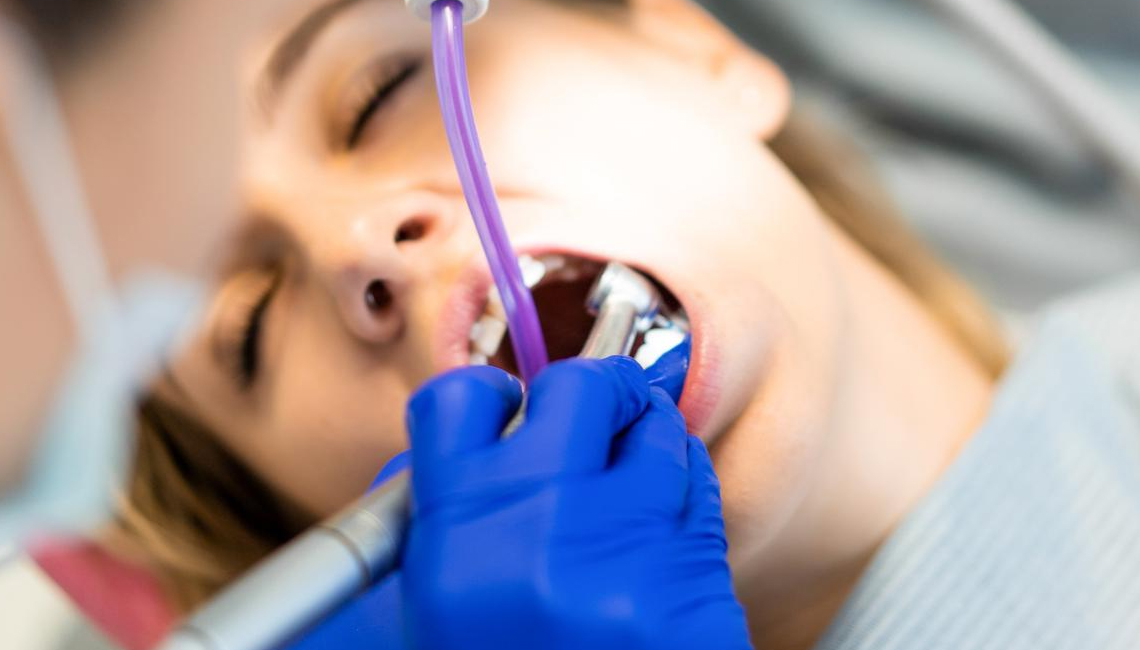

West Mambalam

It is the use of sedative medications to make the patient more relaxed and to allow the dentist to perform the necessary dental procedures. These medications range from tranquilizers to anxiolytics and can be administered in several ways. These medications do not send you to sleep, though you will feel sleepy and relaxed.
As well as checking their teeth, your kid’s dentist may recommend a preventive dental treatment to help protect them against decay or other problems. These might include:
Oral conscious sedation is exactly as it says, the patient is given oral sedatives which will relieve most of the stress although he will remain conscious to follow any instructions given by the dentist. You will be given a sedative to be taken before you go to bed at night and another sedative to be taken the next morning when you wake up. These sedatives will make the patient feel drowsy and have a similar effect to amnesia and you may not remember a lot about the procedure. Although oral sedatives cannot relieve pain, you will be relaxed when the dentist administers the local anesthetic. Due to the extreme drowsiness effect, you are advised not to drive to or from the dental surgery.
Intravenous sedation is sometimes referred to as IV sedation and is a drug administered through an injection to make people feel like they are asleep. You remain conscious and can follow the dentist's instructions although the feeling of relaxation is so intense that you are unlikely to remember much about the procedure. The sedation is administered into the vein and can only be performed by an experienced and trained dentist. The common anti-anxiety sedatives that are used for IV sedation are benzodiazepine, propofol, and other medications. Although IV sedation is very popular it is not recommended for patients with a fear of needles, if you are pregnant, suffer from glaucoma, lung or kidney problems, or if you are allergic to sedative drugs. Additionally, older patients are not recommended for IV sedation.
This works by blocking nerve impulses to the site where the dental procedure is being performed. An anesthetic gel or spray which has a numbing effect may be applied before the local anesthetic injection is administered. Under local anesthesia, you are fully conscious although you do not feel any of the effects of the treatment.
Our opening hours are longer than many other practices, and we do our best to accommodate same-day appointment.